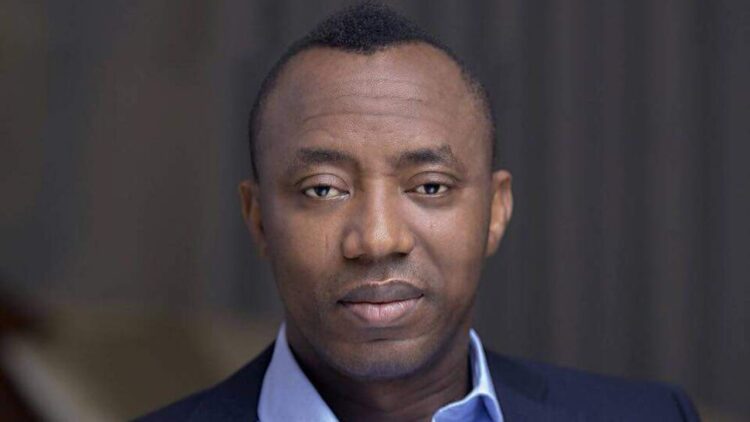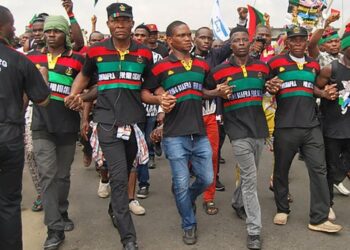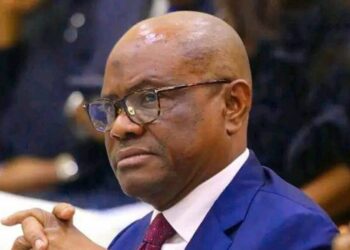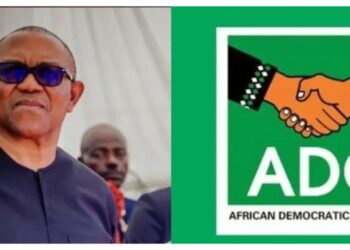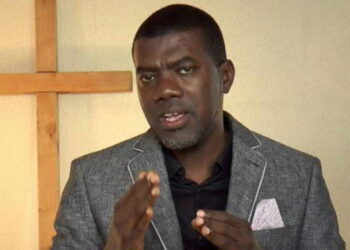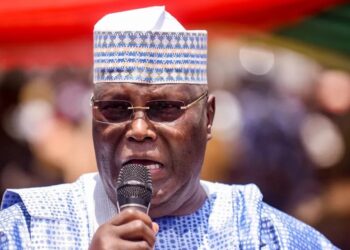The Federal High Court in Abuja has scheduled October 27, 2025, for the arraignment of activist and publisher Omoyele Sowore. He faces charges over alleged false and defamatory remarks directed at President Bola Ahmed Tinubu.
The Department of State Services (DSS) filed the case on behalf of the Federal Republic of Nigeria. The suit cites alleged breaches of the Cybercrimes (Prohibition, Prevention, etc.) Amendment Act, 2024, and the Criminal Code Act. Social media giants X (formerly Twitter) and Meta Platforms, Inc., the parent company of Facebook, were also listed as co-defendants.
At Tuesday’s hearing, Sowore’s counsel, Marshal Abubakar, argued that his client had not been properly served with the charges. He objected to the scheduled arraignment and highlighted that X lacked legal representation in court. However, Meta was represented by a team led by Senior Advocate of Nigeria (SAN) Tayo Oyetibo.
Justice Mohammed Umar confirmed that Sowore had not been previously served with the charges. He ordered that the process be carried out in open court, which was done immediately. The judge then adjourned the matter until October 27, when the trial will officially begin.
The five-count charge (FHC/ABJ/CR/484/2025) stems from Sowore’s verified social media posts in August 2025. On August 25, he allegedly used his X handle, @YeleSowore, to describe President Tinubu as a “criminal” while reacting to the president’s comments in Brazil. He allegedly repeated the remark on his Facebook page the following day.
Prosecutors claim the posts were false, defamatory, and intended to provoke public unrest. They argue the remarks violated Sections 59 and 375 of the Criminal Code Act and amounted to the publication of false information under the Cybercrimes Act.
Sowore, a two-time presidential candidate under the African Action Congress (AAC), denied any wrongdoing. He is expected to enter his plea when proceedings resume in October.
Observers note that the inclusion of X and Meta raises wider questions about the role of tech companies in regulating political speech in Nigeria. Analysts believe the trial could establish a precedent for how online expression and government criticism are treated under the nation’s cybercrime and defamation laws.



